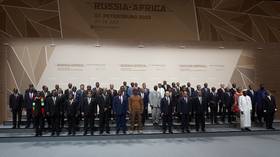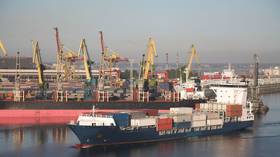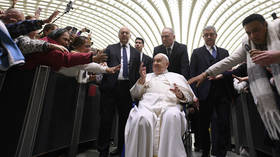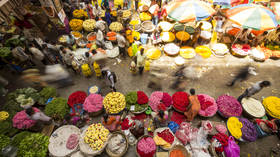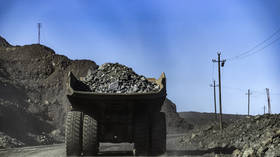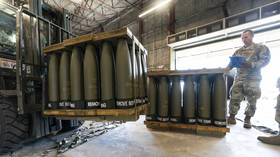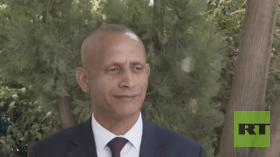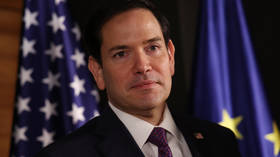Cooperation with Russia will help Rwanda achieve self-reliance – FM
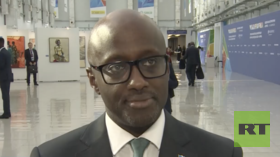
Collaboration with Russia will support Rwanda in reaching its goal of self-reliance, Rwandan Foreign Minister Olivier J.P. Nduhungirehe has told RT in an exclusive interview.
Speaking on the sidelines of the Ministerial Conference of the Russia-Africa Partnership Forum, Nduhungirehe said Rwanda had undergone a remarkable transformation since the tragic 1994 genocide, during which several thousands of people were killed.
According to the minister, the country’s goal is to shift focus from aid to trade and investment, fostering economic self-reliance. “Aid is a good thing, but at some point, you need to graduate from that aid and then engage in trade and investment,” he explained.
Nduhungirehe also said agriculture and civil security were other promising areas for further collaboration. The forum, he added, is an essential platform for strengthening Africa-Russia relations, allowing Rwanda to participate in both multilateral discussions and bilateral dialogue.
The minister pointed to agreements signed at the first Russia-Africa summit in 2019, including a landmark cooperation deal in nuclear science and technology. “We also have students studying nuclear sciences in Russia,” he noted, emphasizing the role of energy and technology as key sectors in Rwanda’s partnership with Moscow.
“We count on our partnership with Russia to help us to promote technologies, promote new sources of energy that could contribute to our economic development,” he stated.
Russian Foreign Minister Sergey Lavrov and Rwandan Foreign Minister Olivier Nduhungirehe signed a visa-free agreement for diplomatic and official passport holders on the sidelines of the event. The ministers discussed strengthening relations between the two countries, with a focus on expanding cooperation in trade, investment, and humanitarian efforts.
Both countries also committed to enhancing political dialogue and coordination in multilateral platforms like the UN.
The forum, held at the Sirius Federal Territory on the Black Sea on November 9 and 10, brings together 1,500 delegates, including more than 40 ministers from across Africa.
